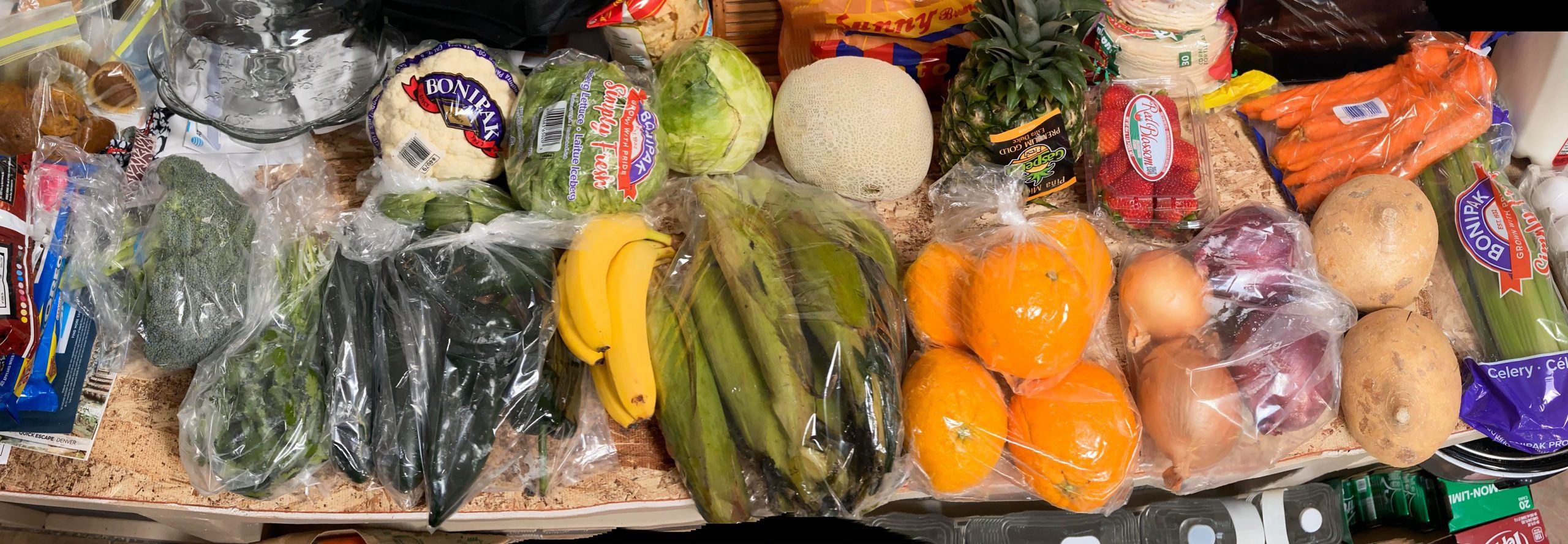By Sheila Benedict
Contributing Writer
Migration trails are paper trails, and paper trails are the guideposts to successful research.
Successful research follows guidelines. Recently, this column addressed sources, information, and evidence. As these are the backbone of accurate, reliable genealogical research, some of that information bears repeating.
What are sources? Documents, people, books and websites, to name a few. These sources could be original, i.e. a birth certificate; a derivative, i.e. an abstract, something created from another record; or an authored work, such as a book, report, etc., written by someone.
What is information? It can be found in the sources above, and it can be primary, from an eyewitness to an event; secondary, hearsay – a report from someone who received it from someone else; or undetermined, i.e. hearsay that cannot be verified.
What is evidence? Direct is reliable and relevant information that can solve or answer a particular problem; indirect evidence, information that does not directly answer a problem – can be useful when combined with other evidence; negative, an absence of information where it could be assumed it should be found in a particular source.
There is a difference between negative evidence, defined above, and negative findings, which is where the research does not produce relevant evidence.
Remember the five parts of the Genealogical Proof Standard: 1) the search has been reasonably exhaustive, 2) everything located has been extensively reviewed for accuracy; 3) checking (analyzing) evidence each piece against each other; 4) working with conflicting evidence to resolve the differences; 5) writing a report, narrative, or other documents with proof statements, to prove your case.
Simply put, everything located needs to be analyzed, correlated and proven. Nothing less will do – your family research deserves no less.
The holiday season is upon us: Halloween, Thanksgiving, Christmas, and a new year. Some people give genealogical research as gifts to loved ones, so if you give such a gift, make sure it is reliable, accurate, and well documented. Happy Trails!
Sheila Benedict is a professional forensic and family genealogist. Send questions to news@santaynezvalleystar.com so they can be answered in future issues.




